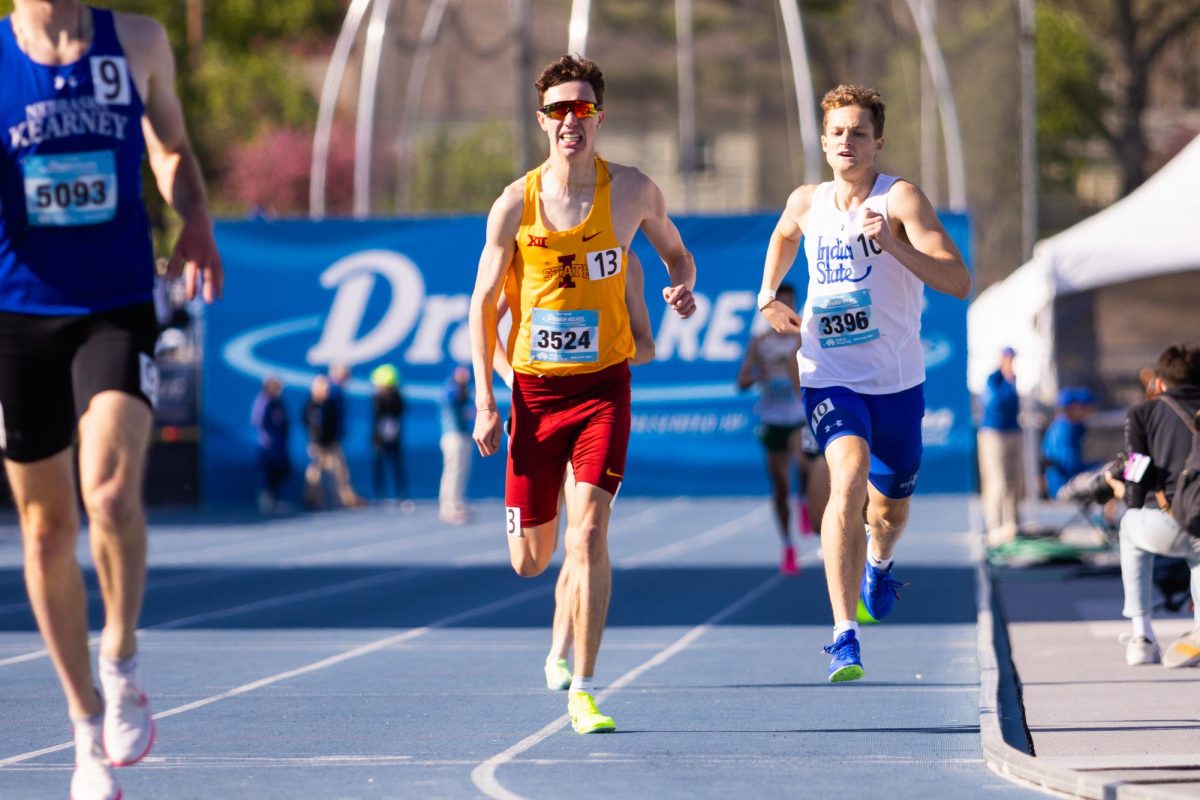Primary wins build momentum
February 28, 2000
Arizona Sen. John McCain’s political stock is rising after his two recent big primary victories, but the race for the Republican nomination for president might be decided within the next week or two, ISU political experts said.
A tight win in Michigan and a blow-out in his home state of Arizona on Feb. 15 breathed new life into McCain’s campaign, said Steffen Schmidt, professor of political science.
Former ambassador Alan Keyes is still in the race, but many people consider him to be a nonfactor.
“[McCain] has gained huge momentum largely because of Democrats and independent voters,” Schmidt said.
Jason Darrah, chairman of the ISU College Republicans, said the wins probably saved McCain’s campaign from extinction.
“[McCain’s win in Michigan] makes him more visible to the media. If he would have lost, people would consider him out of the race,” he said.
Schmidt said GOP front-runner Texas Gov. George W. Bush needs to mobilize party-line Republicans, who comprise the majority of Bush’s following, to reduce the impact of Democratic and independent voters who have been supporting the Arizona senator, Schmidt said.
Darrah said he agreed with Schmidt in that earning support of traditional Republican voters would be key to Bush’s success. In past contests, Bush has proven to have more pull with conservative Republicans.
“The best strategy [Bush] can use is to continue to appeal to traditional and conservative Republicans,” he said.
This might be more difficult to accomplish because some of McCain’s recent comments were intended to persuade more conservative voters to join his camp, Darrah said.
“McCain is trying to appeal to Republicans by saying he wants to scrap the tax code and by calling himself a Reagan conservative,” he said.
On March 7, Super Tuesday, 13 states will conduct GOP primaries, including heavily populated states such as New York and California that have large numbers of delegates to hand out. Many political pundits think this day will be the defining moment in the GOP race.
“On Super Tuesday, one of them is going to come out as the candidate,” Schmidt said. “Between now and Super Tuesday, there isn’t much happening, and after Super Tuesday, it will all be over.”
Garrett Toay, chairman of ISU Students for Bush, predicted Republicans would support Bush on Super Tuesday, although he said he thought the race would continue until late spring.
“[McCain] has gained a lot of momentum, but it’s psuedo-momentum. If you look at what the polls say, Republicans support Bush,” Toay said.
Toay said he also has concern about the loyalty of McCain’s supporters.
“It bothers me, people who are supporting McCain now will turn around and vote for Gore in the fall,” he said.
Darrah said he thought Super Tuesday’s effect on the race will largely depend on the outcomes in the large states.
“If Bush can win New York and California, it’s pretty much over,” he said.
















